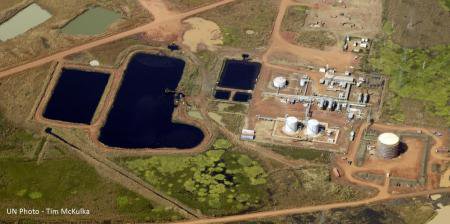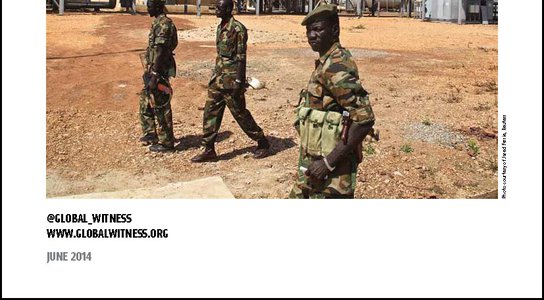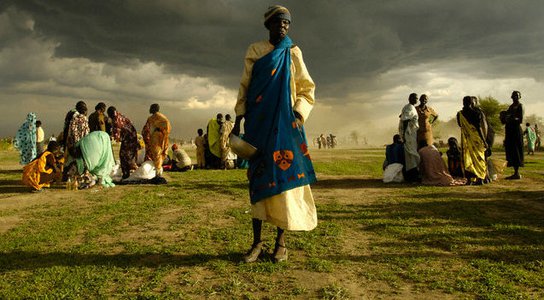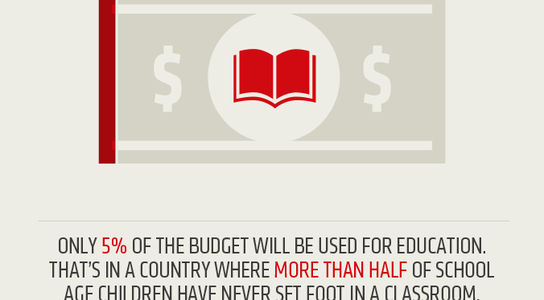The 2005 peace agreement, which brought to an end to the conflict between north and south Sudan, one of Africa’s longest-running and most bloody wars, was based on an agreement to share oil revenues. However, new evidence uncovered by Global Witness raises serious questions about whether the revenues are being shared fairly.
Fuelling Mistrust: the need for transparency in Sudan’s oil industry, is the first public analysis of Sudan’s oil figures. It documents how the oil figures published by the Government of National Unity in Khartoum are smaller than the equivalent figures published by the China National Petroleum Corporation (CNPC), the operator of the oil blocks. While the respective figures for the only block located entirely in the north, and therefore not subject to revenue sharing, approximately match, those for blocks which are subject to revenue sharing do not. There were discrepancies of:
- 9% for the Greater Nile Petroleum Operating Company’s blocks in 2007
- 14% for the Petrodar Operating Company’s blocks in 2007
- 26% for the Greater Nile Petroleum Operating Company and Petro Energy’s blocks in 2005
These findings cover six of the seven productive oil blocks in Sudan. A comparison of government and company figures was not possible for the White Nile Petroleum Operating Company’s block as no company figures were available.
Mismatches of this magnitude represent potentially massive sums of money. If it were found that the oil figures published by the Government of National Unity had been under-reported by, for example, 10%, the southern government would be owed more than $600 million (on the basis that the Government of Southern Sudan has received more than $6 billion in oil revenues since the signing of the peace agreement). This is more than three times the south’s combined annual budgets for health and education.

"If the oil figures published by the Khartoum government aren’t right, the division of the money from that oil between north and south Sudan won’t be right" Rosie Sharpe, Global Witness campaigner.


